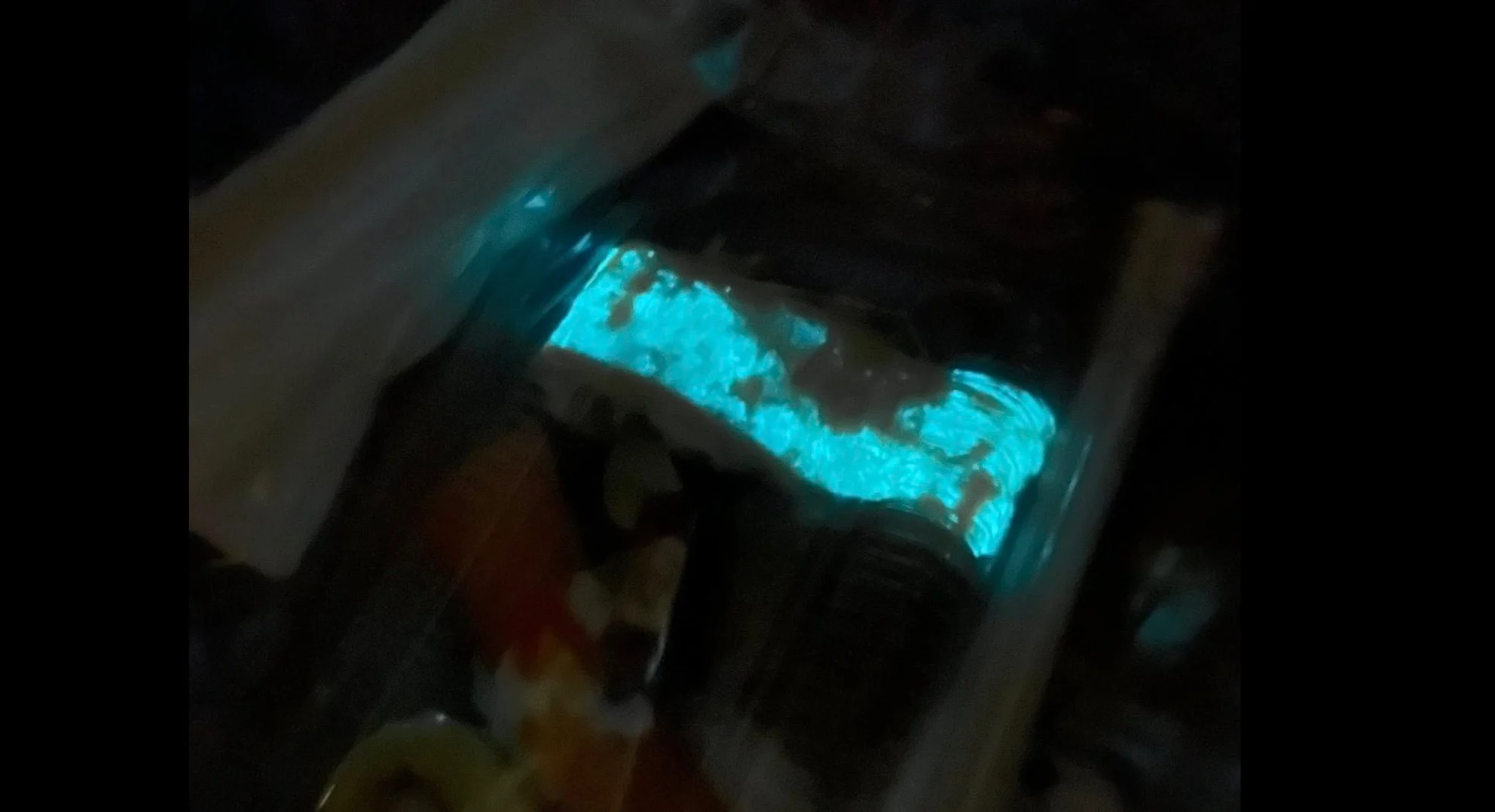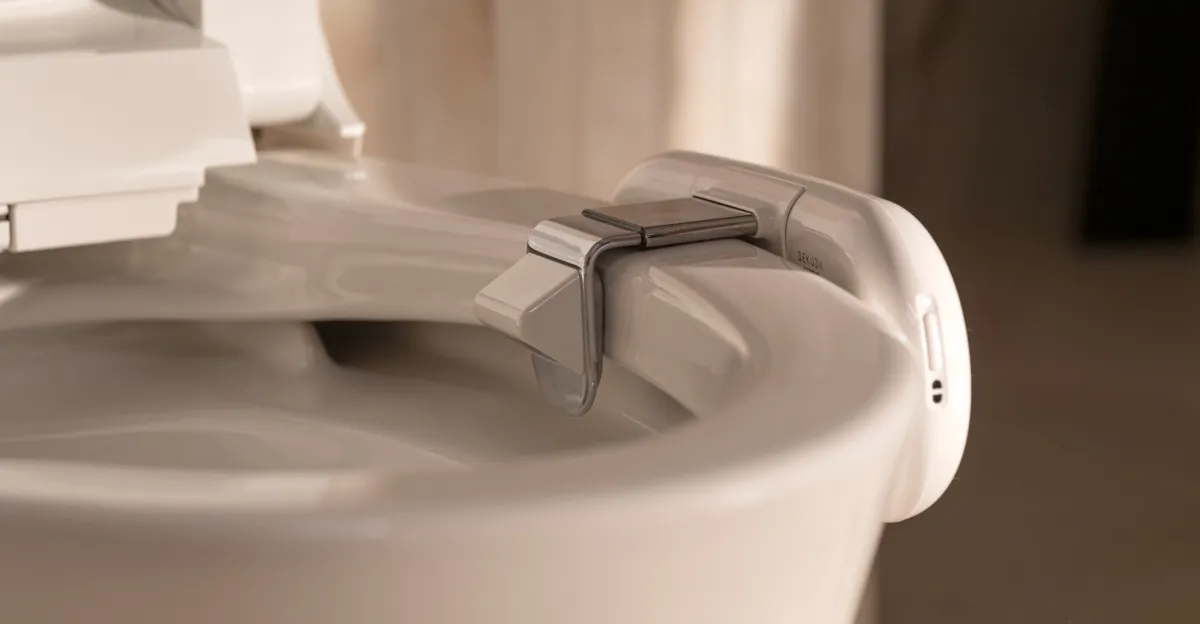Copyright scmp

A Thai social media user has posted photos of a sushi piece glowing blue in the dark after she bought it from a store, raising health concerns about possible radioactive or poisonous contamination. Sharing her discovery on a consumer interest group’s social media page on Sunday, Mild Burusskorn said she noticed the blue glow emitting from the egg sushi that she had bought from a well-known brand, which she did not name. “I was about to get out of the car to turn off the lights and I saw that there was a glow. I wonder what the blue light is,” she posted, according to the Khasod newspaper. “The blue light was only around that piece of sushi, which I ordered from the staff as the tray [of egg sushi pieces] was sold out.” She said she was worried about consuming the egg sushi. “I didn’t dare to eat it when I saw this. I’m so shocked. I’ve never seen anything like this before.” Mild’s post alarmed other social media users, with most advising her: “Don’t eat it”. One user said: “It’s very scary. I like to buy sushi that is sold in the mall or supermarket that they put on a tray for us to pick up. I will stop eating in Japanese restaurants.” Sushi that glows is likely contaminated with microorganisms Jessada Denduangboripant, Chulalongkorn University academic The response prompted Jessada Denduangboripant, an associate professor from Chulalongkorn University’s Department of Biology, to address the issue on his social media page on the same day, attributing it to bioluminescence. “Sushi that glows is likely contaminated with microorganisms,” he said, explaining that seafood can exhibit luminescence without exposure to black or ultraviolet light. He said food authorities had identified three possible causes: bioluminescent bacteria such as Photobacterium phosphoreum; the fish used might have eaten bioluminescent plankton or bacteria like Vibrio harveyi; or phosphorus-containing chemicals such as phosphates used for moisture retention or hydrogen peroxide as a bleaching agent. “It’s possible that the sweet egg pieces got contaminated with raw seafood,” he added, saying that microbial contamination was more likely the cause, rather than chemical additives. He warned that the only way to be sure was to have the sushi examined by relevant authorities, such as the Department of Medical Sciences. Whether the cause was bacterial or chemical, he cautioned against eating any glowing sushi piece as it could lead to health issues like diarrhoea or food poisoning. “It should be discarded.” The post stirred up memories of news reports in 2023 of highly venomous blue-ringed octopuses being found in local dishes. Estimated to be 20 times more venomous than a cobra, the sea creature was discovered in a sushi restaurant while a popular hotpot restaurant was selling it at 99 baht (US$3) per kilogram, the Pattaya Mail reported. In a follow up to her post, Mild later wrote that she had contacted the sushi brand. “The brand has informed me that there was bacteria from seafood that may have transferred to the sushi piece when it was cut. It will go to the store to check and look into its cleanliness.”



